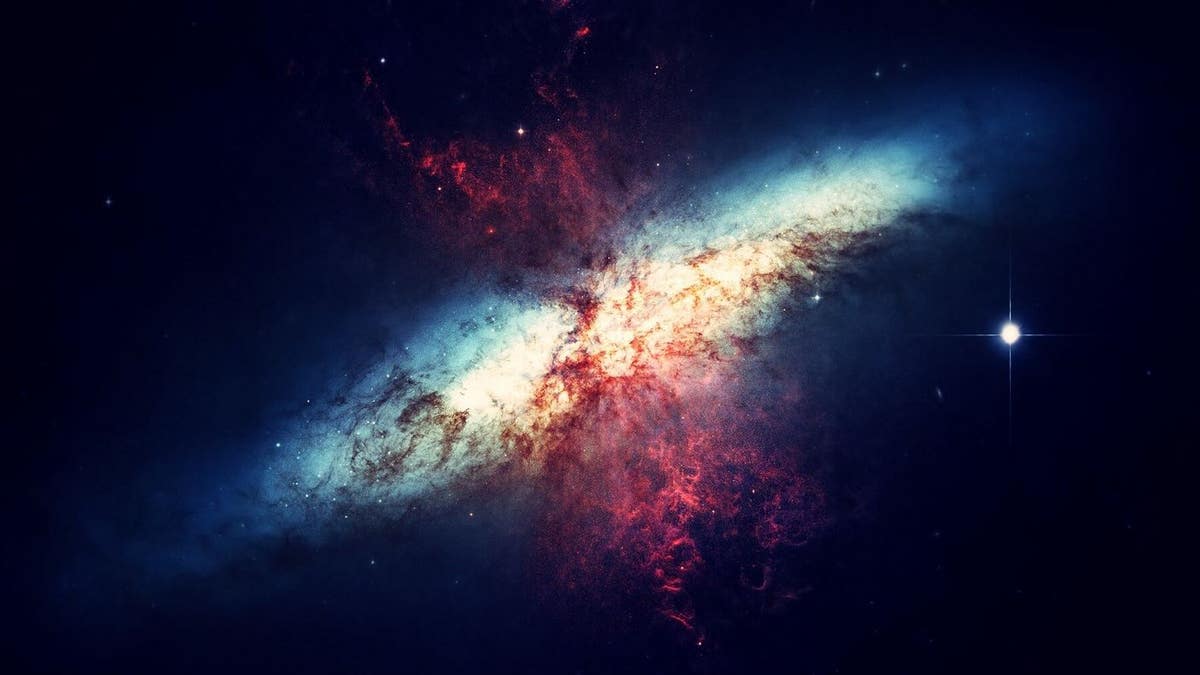Fox News Flash top headlines for Oct. 31
Fox News Flash top headlines for Oct. 31 are here. Check out what's clicking on Foxnews.com
An entirely new class of black holes that scientists were unaware of may exist, according to a study.
The study published on Thursday in Science revealed a new way for astronomers to search for black holes and that there could be an entire group of black holes smaller than the smallest black holes in the universe.
"We're showing this hint that there is another population out there that we have yet to really probe in the search for black holes," said Todd Thompson, a professor of astronomy at Ohio State University and lead author of the study, in a statement.
"People are trying to understand supernova explosions, how supermassive black stars explode, how the elements were formed in supermassive stars. So if we could reveal a new population of black holes, it would tell us more about which stars explode, which don't, which form black holes, which form neutron stars. It opens up a new area of study," he added.
STUNNING NASA IMAGE SHOWS GREAT NEBULA IN ORION

(CC0 Public Domain)
SEA LEVEL RISE COULD THREATEN UP TO 480 MILLION PEOPLE, NEW STUDY CLAIMS
Thompson said one way to understand the research is to imagine if a city only counted people 5'9" and taller in its census -- and imagine if those census workers didn't even know that people shorter than 5'9" existed. That data would be incomplete, he said.
The search for black holes has been going on for a long time. They form when some stars die, shrink into themselves and collapse. For many years, researchers believed that black holes only existed within a certain range of mass.
He and his colleagues began looking through data from APOGEE, the Apache Point Observatory Galactic Evolution Experiment, looking for stars that showed change. After narrowing the data to 200 stars, they found one giant red star that was orbiting something unknown, which, based on their calculations, was likely a low-mass black hole about 3.3. times the mass of the sun.
"What we've done here is come up with a new way to search for black holes, but we've also potentially identified one of the first of a new class of low-mass black holes that astronomers hadn't previously known about." Thompson said. "The masses of things tell us about their formation and evolution, and they tell us about their nature."





















